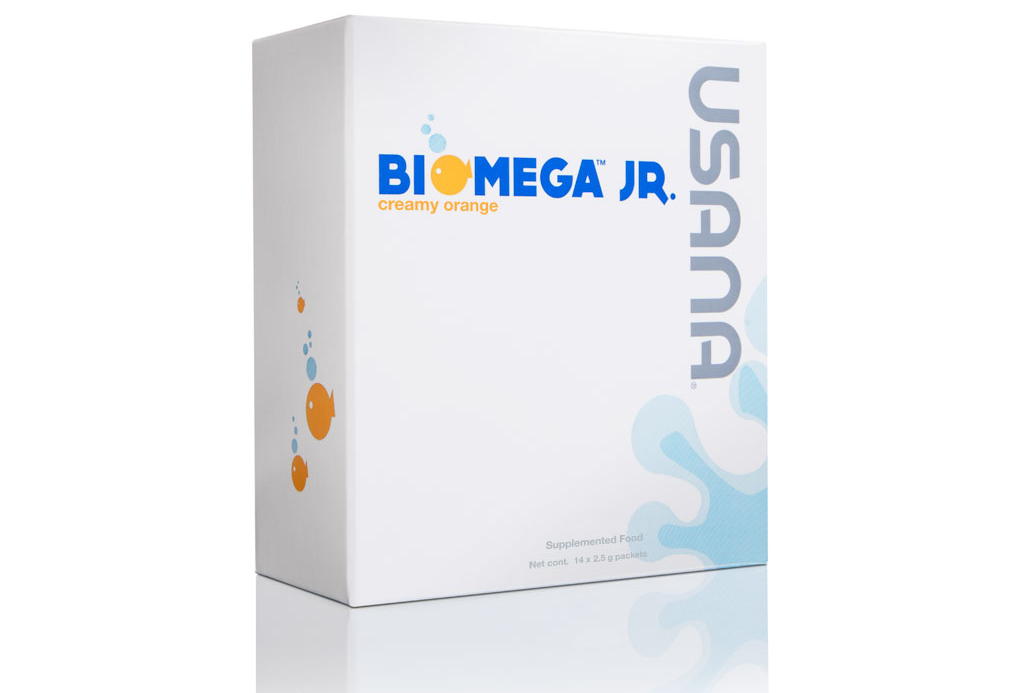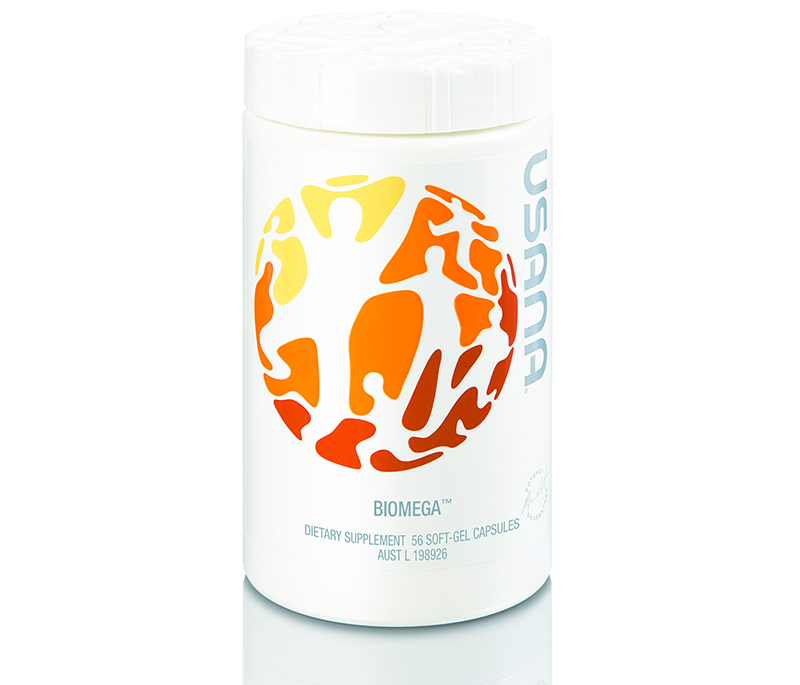
Omega-3 For Kids Concentration
It can be hard for kids to concentrate when they head back to school after a long break. Do you remember back to the classroom, or even the other day, when you struggled to concentrate and pay attention? Omega-3 has been found to have numerous positive effect such as helping concentration, mood and even behaviour. How can you ensure your kids are getting enough fish oil?
Enter the good fats. As you may already know, oily fish is the richest source of omega-3 fats and are important for a whole host of functions including eye health and for the correct running of parts of the brain used for memory, learning and reasoning behaviour.
In the body, DHA is concentrated in the brain. The two most important omega-3s in human health are docosahexaenoic acid (DHA) and eicosapentaenoic acid (EPA) – which are fundamental to brain function.
Here’s what we know about omega-3s and how they impact children’s mood, learning and behaviour…
Fish oil and behaviour
Australian research published in The Journal of Developmental and Behavioral Pediatrics, found improvements in parents’ ratings of their children’s hyperactivity and inattention after being given fish oil.
ADHD and low omega-3s
ADHD has now become the most common childhood development disorder, that is also likely to carry on into adolescence and adulthood.1
Children with ADHD are more likely to show symptoms of having low blood levels of omega-3s, such as dry skin and hair and excessive thirst. Some studies have shown that increasing omega-3 levels reduces the severity of ADHD-type behaviour such as difficulty in focusing and paying attention in some children, too.
One study in the Journal of Physiology & Behavior, found that both ADHD and non-ADHD boys between the ages of 6 and 12, who had low omega-3 levels, were associated with a range of behavioural and learning problems, irrespective of the clinical diagnosis.2
Reading ability
Other studies have linked fish oils with improvement in reading ability. One particular research, led by the University of Oxford in the UK, showed that some children with reading difficulties displayed improved reading after taking fish oil. And in the group of children with the lowest 10 per cent reading ability, reading age improved the most. So, it may be that getting enough omega-3s may help children catch up with peers.
Although other research had linked benefits of omega-3s in children with conditions such as ADHD, dyslexia and developmental coordination disorder, this was the first research to show positive results in children from the general school population.
Are your kids low on omega-3s?
If you tend to steer away from giving your kids oily fish like salmon, sardines, mackerel and organ meats such as brains (most of us do!), then chances are they are falling short of the recommended omega-3s in their diet.
Research by Professor Barbara Meyer from the University of Wollongong found that three-year-olds consumed an average of only 47 milligrams (mg) of long chain omega-3s, and four- to eight-year-olds had just 55mg daily which is approximately a tenth of the Heart Foundation’s target of 500mg per day.
It is estimated that just six per cent of Australian children are meeting the recommended dietary intake of omega-3 fats.
Give your kids the best start to the school year with BiOmegaTM Jr!
Fish oil: safety
Fish oil is generally considered safe unless your child has a sensitivity to fish, has a bleeding disorder and or/is taking a blood thinning medicine. They vary a lot in their content and quality. BiOmega Jr. is a great choice because it has:
- High levels of EPA and DHA – two of the most important constituents in omega-3 fats
- Is a pharmaceutical grade fish oils supplement
- Is distilled to be free from mercury.
If your child is taking medication, speak to your child’s doctor before offering any supplements. Fish oil should not be used instead of the usual medication.
USANA’s BiOmega Jr.
An easy and tasty way for children to get the valuable DHA and EPA they need for a healthy body and to support overall good health.
- There’s no need to struggle with the capsules because BiOmega Jr. comes in tasty sugar-free, orange flavoured gel.
- Doesn’t have any fishy taste nor any fishy after-taste.
- Available in convenient single-serve pouches that the kids will love to open.
- Can be taken straight from the packet or stir it into yogurt or other creamy foods like custard.
- For best results, store in the refrigerator and serve cold.
- Naturally sweetened with stevia.
- Delicious creamy orange flavour.
- 14-Pack of convenient single-serve packets (offer one every other day).
We didn’t forget about you adults either
We also have a high-quality, ultra-pure natural fish oil supplement for you too! Omega-3 fatty acids are important for optimal health and wellness. It can be difficult to receive the proper balance because refining processes for today’s commercial oils remove nearly all essential omega-3 fatty acids. BiOmega supplies the important omega-3 fatty acids EPA and DHA in a convenient capsule form. These nutrients help support normal, healthy heart function, nerve and myelin function and helps maintain good joint health.
Now you can feel sufficiently prepared for sending your kids back to school, with the help of Omega-3s!







